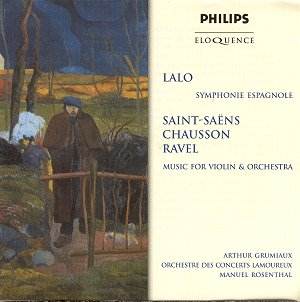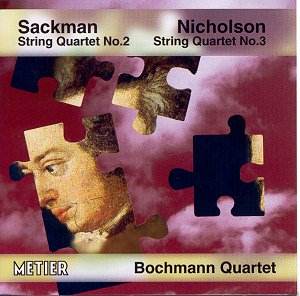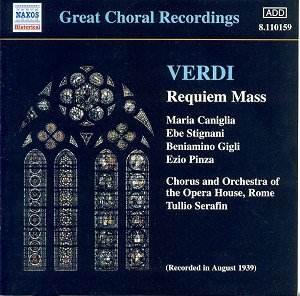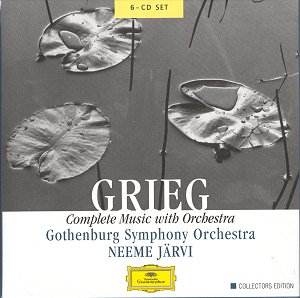 Composer: Édouard Lalo
Composer: Édouard Lalo
Works: Symphonie espagnole, Introduction and Rondo capriccioso, Havanaise, Poème, Tzigane
Performers: Arthur Grumiaux, violin; Orchestre des Concerts Lamoureux; Manuel Rosenthal, conductor
Recording: Paris 1963 and 1966
Label: ELOQUENCE PHILIPS 462 579-2
The music of Édouard Lalo, particularly his Symphonie espagnole, stands as a hallmark of the late Romantic period, characterized by its vibrant orchestration and a distinctive Spanish flavor that resonates through its melodic contours. This work, alongside a selection of violin showpieces from the French repertoire, invites a deep exploration of the violin’s expressive potential, which Arthur Grumiaux, in this eloquent recording, brings to life with remarkable artistry. Grumiaux, a paragon of the Franco-Belgian school and a superb technician, delivers performances that are not only technically proficient but also imbued with a profound emotional depth, making this reissued collection a significant contribution to the understanding of these works.
Grumiaux’s interpretation of the Symphonie espagnole is a testament to his refined musicianship. His playing is marked by an impressive tonal variety, which is particularly evident in the Intermezzo, where the lower strings are articulated with a clarity that enhances the lush orchestral textures. The andante, with its poignant melodies, showcases Grumiaux’s ability to convey deep emotion while maintaining structural integrity. Unlike some performers who may succumb to excessive sentimentality, Grumiaux navigates the piece with a controlled expressiveness that allows the music to unfold naturally, avoiding the pitfalls of mere surface-level display. This approach is reminiscent of the interpretative choices made by contemporaries such as Jascha Heifetz, yet Grumiaux’s style is uniquely his own, favoring lyrical beauty over sheer virtuosity.
In the Introduction and Rondo capriccioso, Grumiaux adopts a deliberately measured pace that surprises yet captivates. The opening, often rushed by others, benefits from his careful phrasing, allowing the nuances of Saint-Saëns’ writing to emerge. The subsequent rondo, bursting with energy, is executed with scintillating precision, revealing Grumiaux’s technical prowess coupled with an innate musicality. His articulation is clean and crisp, and the use of vibrato is judiciously applied, enhancing the expressive contours without overwhelming them. The Havanaise further exemplifies this balance, where Grumiaux’s affectionate phrasing in the lyrical sections contrasts beautifully with the vigorous allegro, demonstrating his command over contrasting musical moods.
Chausson’s Poème is approached with a sensitivity that is both introspective and reflective. Grumiaux’s interpretation eschews the dramatic excesses that some of his peers might employ, instead favoring a more meditative quality that invites the listener into a deeper emotional landscape. The delicate nuances of tone resonate throughout, illustrating his remarkable control and the clarity of his sound production. In Ravel’s Tzigane, while it may be tempting to expect a more fiery delivery, Grumiaux’s reading is intriguingly nuanced. His restraint is profoundly satisfying, revealing layers of expression that transcend mere technical flair. The result is a performance that resonates with an intimate understanding of the music, where every note feels purposeful and every silence speaks volumes.
The sound quality of this reissue is commendable, effectively capturing the vibrancy and detail of the performances. The engineering allows for a natural balance between the violin and orchestra, enhancing the overall listening experience. Compared to other recordings of these works, Grumiaux’s interpretations stand out not just for their technical excellence but for the emotional intelligence that he brings to each phrase. This disc serves not only as a showcase for Grumiaux’s artistry but as a vital exploration of the French violin repertoire, illuminating the richness and diversity of these compositions.
Arthur Grumiaux’s legacy as a violinist is both profound and enduring, and this collection serves as a compelling reminder of his artistry. The performances are not merely a demonstration of technical skill; they are eloquent musical statements that invite the listener to engage with the emotional landscape of each piece. The combination of Grumiaux’s exquisite interpretations, the distinguished conducting of Manuel Rosenthal, and the vibrant orchestral support creates a rich tapestry of sound that is both engaging and illuminating. This recording is essential listening for anyone seeking to appreciate the depth and beauty of the French violin repertoire.



